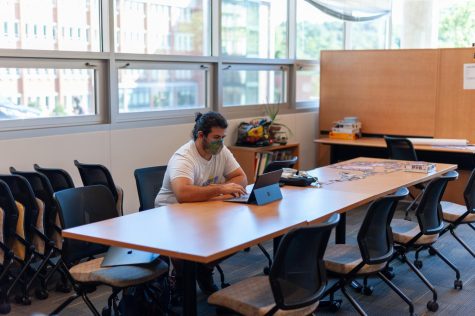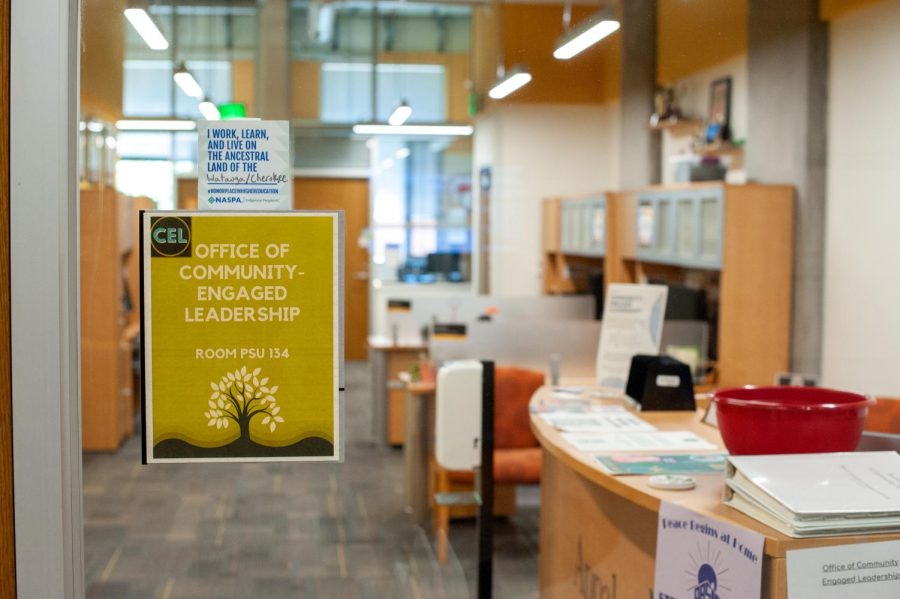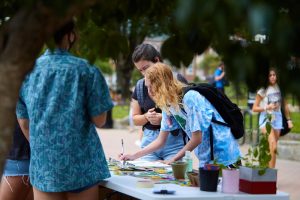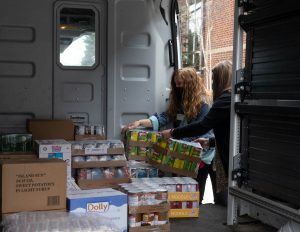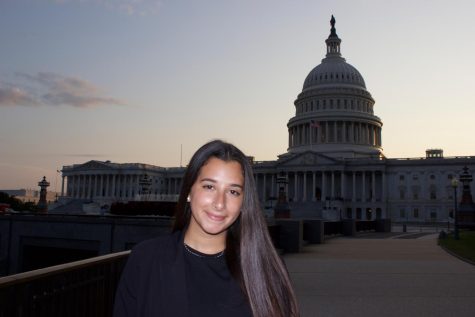ACT, LEAD offices join forces for greater impact
The new Office of Community-Engaged Leadership was formed after combining the ACT and LEAD offices to better promote leadership and service opportunities on campus.
October 2, 2021
After struggles during COVID-19, the former Appalachian & the Community Together office and the Leadership Education and Development office have teamed up to combine the offices into one.
The new office, Community-Engaged Leadership, offers similar programs that the ACT and LEAD programs have provided in past years. The office engages students in experiences that will enhance their abilities to serve and lead local and global communities.
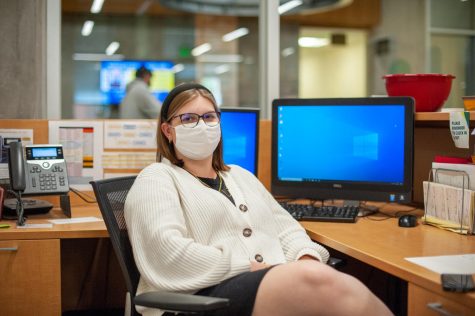
Courtney Holder, associate director of CEL, said there were several reasons for the transition.
“There was some restructuring within the department that allowed us as a group to reimagine how things are structured, how things happen and what might be the best way to support students moving forward,” Holder said.
Holder said in addition to observing what was happening across campus, the office looked at what other universities and campuses were doing.
By using the Multi-Institutional Study of Leadership, a research institution aimed at fostering leadership development, Holder said they discovered community service and engagement is one of the top predictors and methods of increasing students’ leadership capacity.
“If you look at our past mission statements and values, we were already working towards similar goals,” Holder said.
This year, CEL is creating a new brand and identity by developing new mission values and involving students that have been part of the program previously.
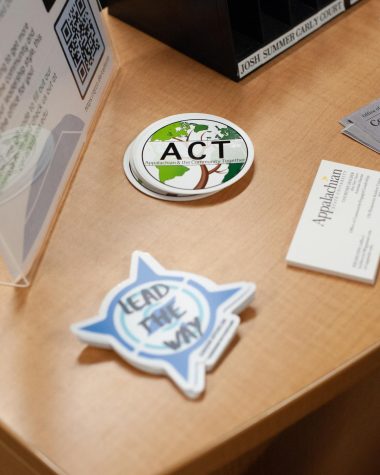
CEL focuses on including active learning, ongoing responsibility and connection to the community.
The office will not be implementing new programs as of now, but they are working to create new ways of “going about them.”
“This allows for the programs to connect with things that ACT did or things that LEAD did more,” Holder said. “Our student leader team that worked with ACT programs in the past get to benefit from our leadership training that the LEAD office offered and vice versa.”
Holder said the CEL office wants to ensure signature programs continue so that students and community members who have relied on them are not affected. Students can expect programs such as the annual blood drive and alternative service experiences to continue.
